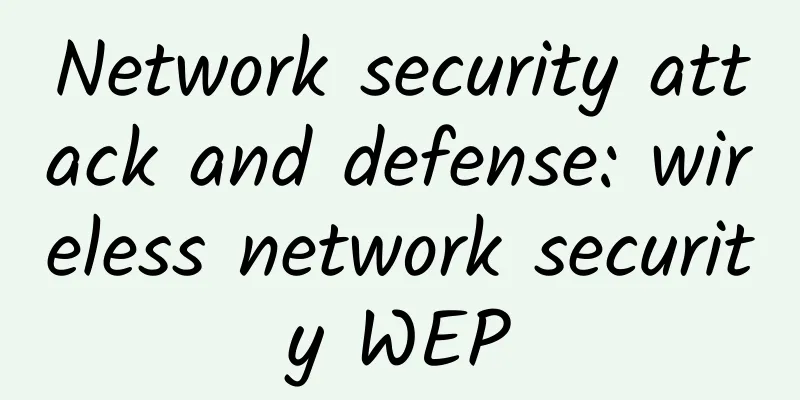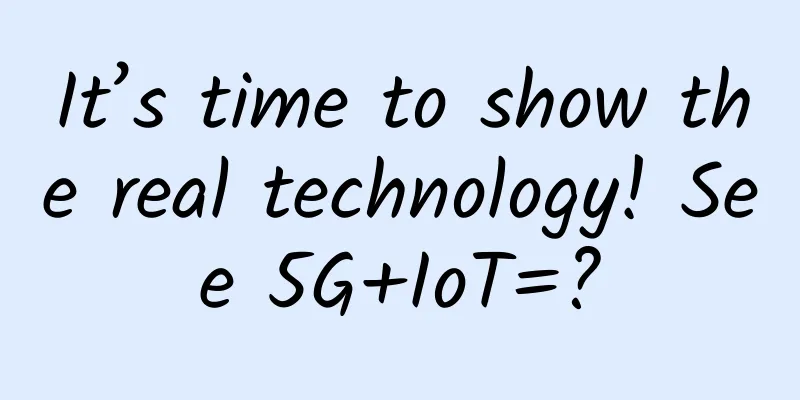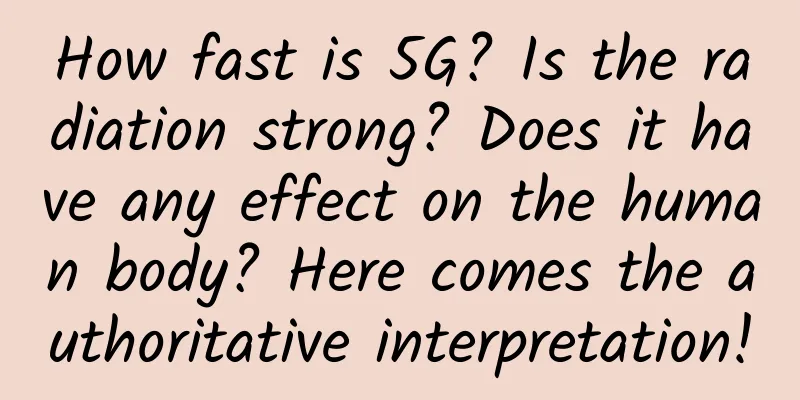In addition to speed, 5G can also change these aspects of your life!

|
5G is the hottest buzzword at the moment, and it can be said that everyone knows it. With the official issuance of licenses by the Ministry of Industry and Information Technology, the popularity of 5G has been pushed to the peak. In order to welcome this new era, many Internet giants including BAT, as well as many terminal manufacturers such as Xiaomi, OPPO and OnePlus, have been sharpening their knives and have launched their own 5G products or corresponding development strategies. So, what does 5G mean to users besides faster speed?
As the fifth generation of cellular mobile communication technology, 5G and 4G have a world of difference in performance. The former can provide higher data rates, lower latency, more economical communication costs, higher system capacity and more reliable connections than the latter... According to relevant foreign data, by 2021, there will be more than 22.5 billion IoT devices connected to each other worldwide. Only 5G can meet the needs of such a huge IoT network. Some people say that the significance of 5G to the Internet of Things is like that of 4G to the mobile Internet. Indeed, if 3G pioneered the era of mobile Internet, then 4G is a powerful driver of this era, and many emerging industries and services have been born. But 5G may change the entire society, not just a few industries. The qualitative improvement in network speed will give the Internet of Things a real soul. Unmanned driving, smart homes, and even smart cities will eventually become a reality. 5G for Smart Cities As the size of cities continues to expand, various situations that occur every day will be presented in the form of data, and many of these data must be analyzed and processed in a timely and accurate manner, otherwise major problems may arise. However, thanks to the emergence of 5G, smart cities are finally becoming a reality. From intelligent medical care, such as doctors performing remote surgery, to traffic supervision and even garbage sorting, more and more sensors and corresponding edge data centers will be deployed in the city's infrastructure. Relying on 5G's high bandwidth and large data load, various intelligent systems can be integrated with each other to achieve communication interaction, and ultimately achieve true urban networking. In addition to the Internet speed, self-driving cars are also a landmark product of the Internet of Things era. In the future, self-driving cars will be equipped with many sensors, including engine temperature, traffic condition prediction, GPS, etc. These sensors will generate a large amount of real-time data, among which traffic condition prediction is also data that requires immediate processing. For example, the relative speed of the car, obstacle threat judgment, etc., all need to be discovered and processed immediately. All of these can only be accomplished with the high bandwidth, low latency, and coordination of edge data centers of 5G. 5G Healthcare In the future, with the implementation of 5G, the medical field will also be one of the industries that will benefit. Not only will related medical equipment or technologies achieve significant development, but more importantly, many patients in remote areas will benefit from it. Many emergencies that require surgery can be performed through remote surgery with the help of 5G's low latency. This will give many seriously ill patients in the region a chance to survive. Retail and Logistics If the 4G era and smartphones have accelerated the transition of the retail industry to e-commerce, then 5G will bring revolutionary experiences to users in the future. Due to the tighter connectivity and the interconnection with various devices, merchants can instantly analyze the information that nearby users are browsing through big data analysis, and display the content that users may be interested in to the terminal or the digital signage of their own store, so that merchants and users can achieve better interaction effects. In addition, 5G will also effectively improve the network connection problems in the fields of augmented reality and virtual reality. New retail is also one of the main application scenarios of these two technologies. As for logistics, through 5G, it will be possible to deploy more complex IoT tracking sensors to collect relevant real-time data, detect each link of logistics, and improve the overall operational efficiency of logistics. |
>>: When to use 5G and Wi-Fi 6?
Recommend
If all operators become Yang Bailao, what will they use to build 5G?
At the IT Summit held in Shenzhen, someone finall...
Interview blitz: Is TCP reliable? Why?
Author | Lei Ge Source | Java interview questions...
TCP state transition and production problem practice
The previous article introduced the main processe...
5G enters the second half, the difficulty of ToB lies in the "three highs"
More than two years after the licenses were issue...
China's IPv6 highway has been fully completed, and the number of active users has reached 551 million
At present, the world is experiencing a profound ...
5G and Edge AI: Solving Traffic Management Problems
The way we commute may have changed over time, bu...
A brief discussion on WebSocket interface testing
What is WebSocket WebSocket is a protocol based o...
How Network Modernization Drives Digital Transformation
[[422647]] The fact is that the global outbreak o...
DigitalVirt: 95 yuan/year-1GB/10GB NVMe/1TB@200Mbps/Hong Kong International Line
DigitalVirt recently offered a 50% discount coupo...
Three considerations to spark innovation on the modern web
Today’s networks may not adapt well to changing n...
New iCONNECT, SD-WAN 3.0 architecture, launched
The Lingrui Lanxin iCONNECT SD-WAN 3.0 product la...
5G bidding is finalized, and competition is changing again
[[417538]] 2021 is the third year of 5G commercia...
Five Myths About MPLS
MPLS has been a popular technology for enterprise...
What is the 5G Open RAN Policy Alliance established by Microsoft, Google, Samsung and other giants?
According to foreign media reports, the Open RAN ...
[6.18] TmhHost 30% off on all VPS, Japan/Hong Kong/Los Angeles CN2 GIA/AS9929 monthly payment starting from 21 yuan
This should be the first merchant to start the 61...

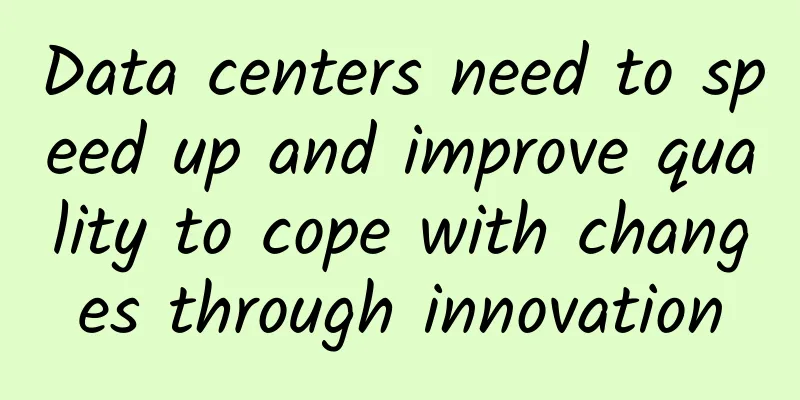
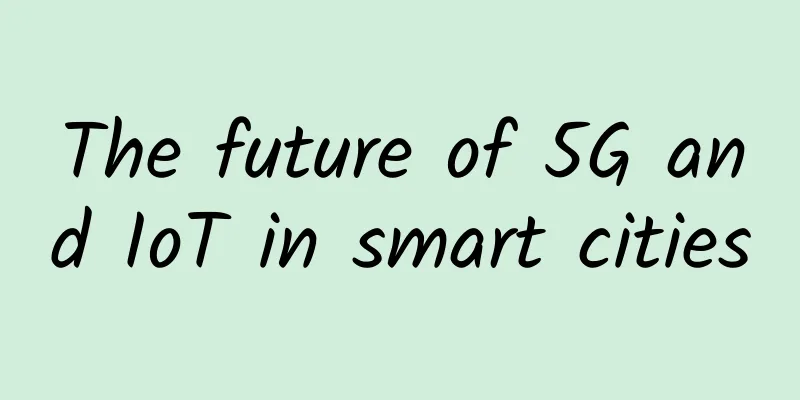
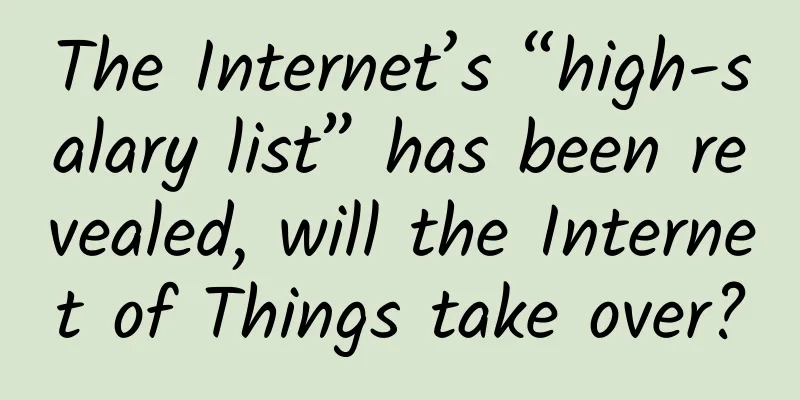
![[Black Friday] Virtono: €29.95/year KVM-1GB/30GB/1TB/Singapore and other data centers](/upload/images/67cac00e4826a.webp)
